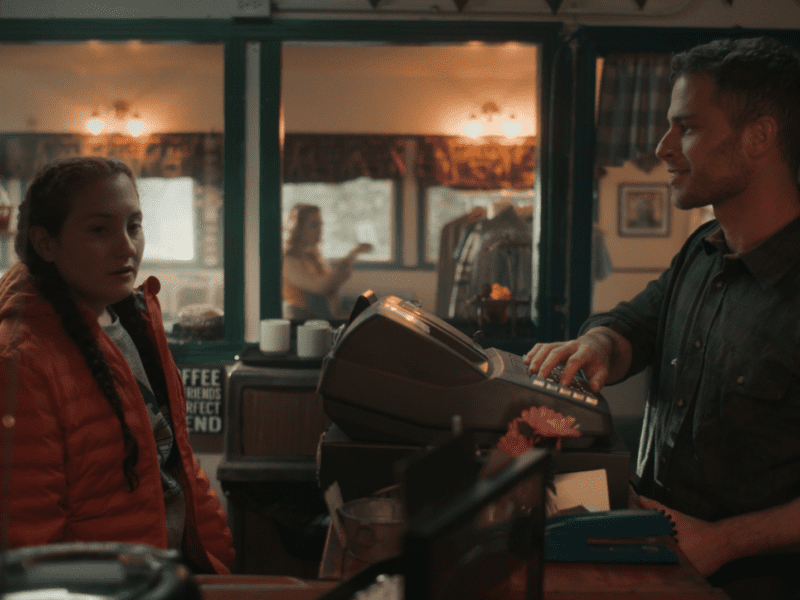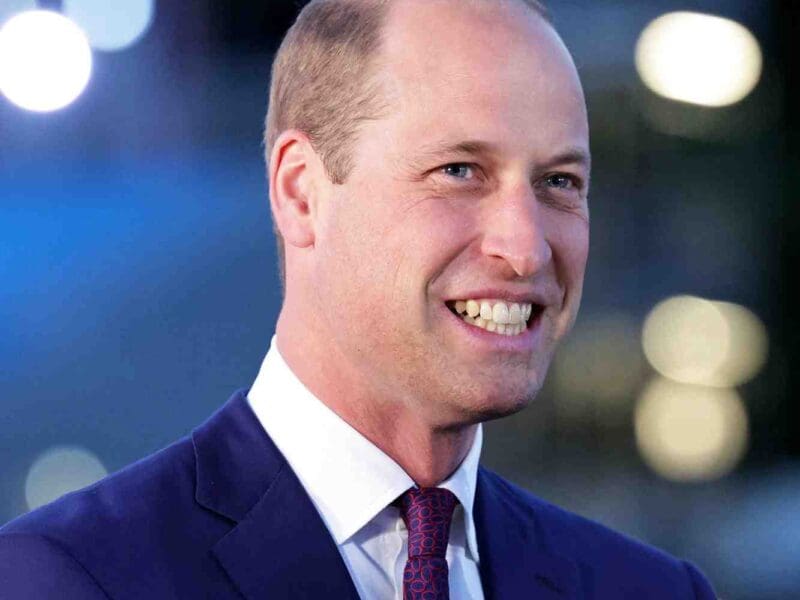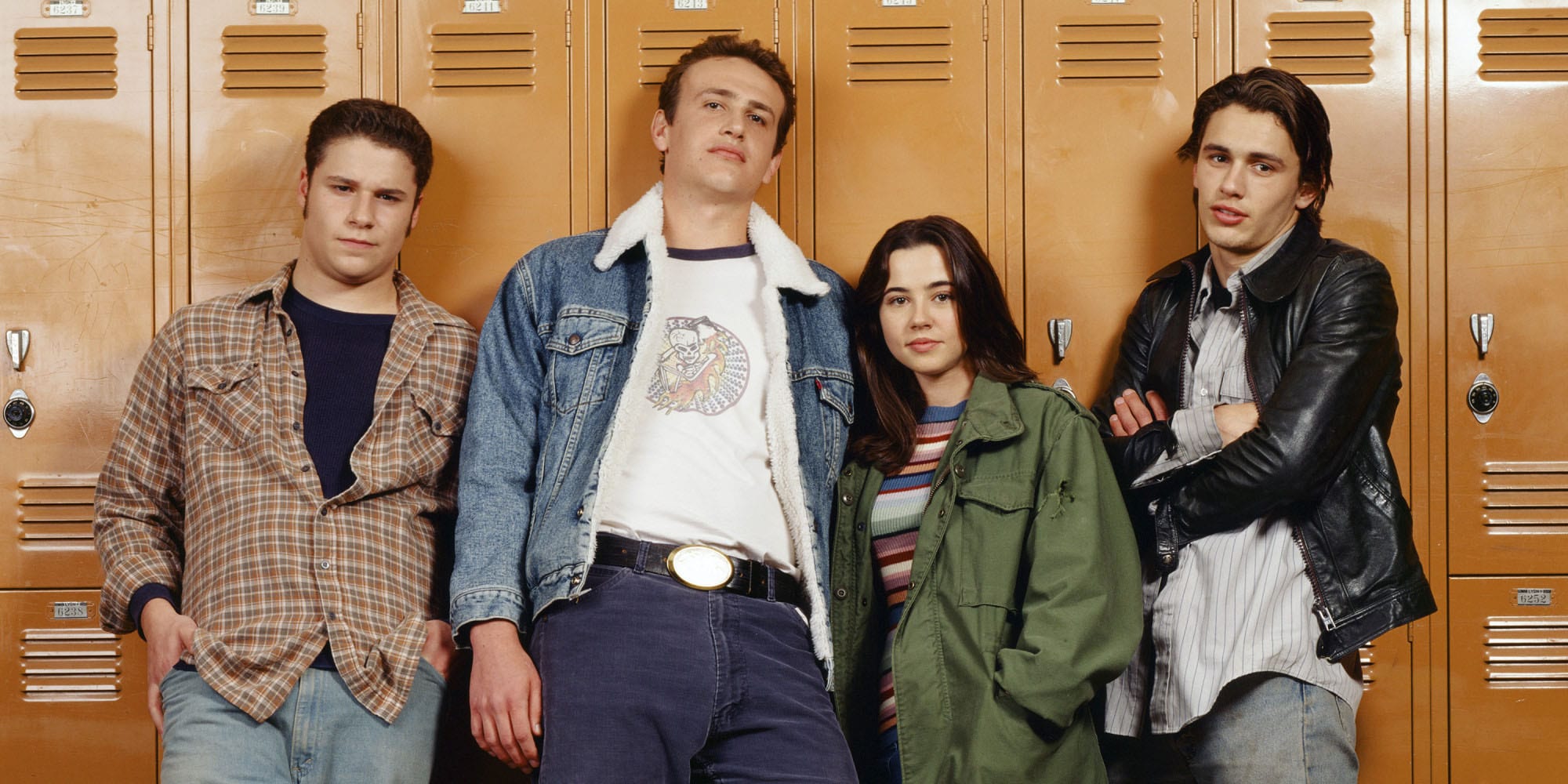
A snapshot of adolescence: ‘Freaks and Geeks’ shouldn’t be rebooted
Premiering in 1999, Judd Apatow and Paul Feig’s Freaks and Geeks was unlike any other show that had come before it. Delicate yet bombastic, heartbreaking but hilarious, and lighthearted with a propensity to get seriously deep in unexpected ways, Freaks and Geeks provided a teen show comedy that rewrote the rules of what comedies – and high school shows – could be.
The show arrived at the tailend of an era that delivered outrageously glamorous, unrealistic, and grown-up depictions of what adolescence looked like.
In shows like Beverly Hills 90210, Dawson’s Creek, and even freakin’ Sweet Valley High, teenagers were portrayed by ludicrously beautiful actors in their twenties. Some of whom, you suspected from their peppy performances, had never even seen the inside of a real-life high school.
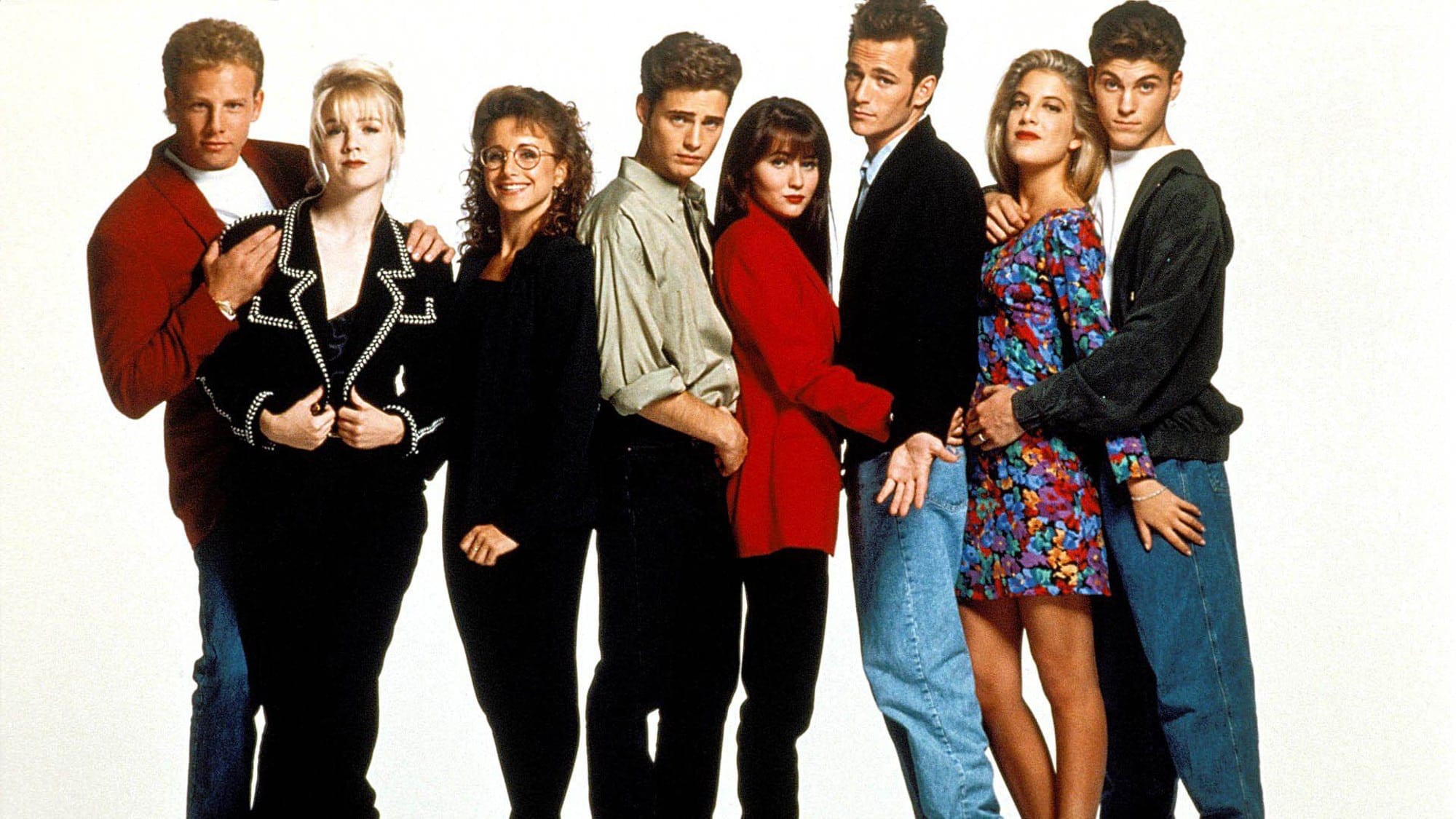
They featured characters who drove shiny, new cars or who rocked outlandishly expensive outfits it would take the average teenager one year of paltry Saturday job wages and three years of allowance to afford.
But Freaks and Geeks was a purposeful exercise in taking that sheen off adolescence. For the most part, the actors were all close to the same age as the characters they depicted and they looked it too.
Including their costumes, which perfectly reflected the personality of each character, not whatever lucrative fashion trend was hot in 1999. To white suburban kids, these goofballs looked like everyone you grew up with.
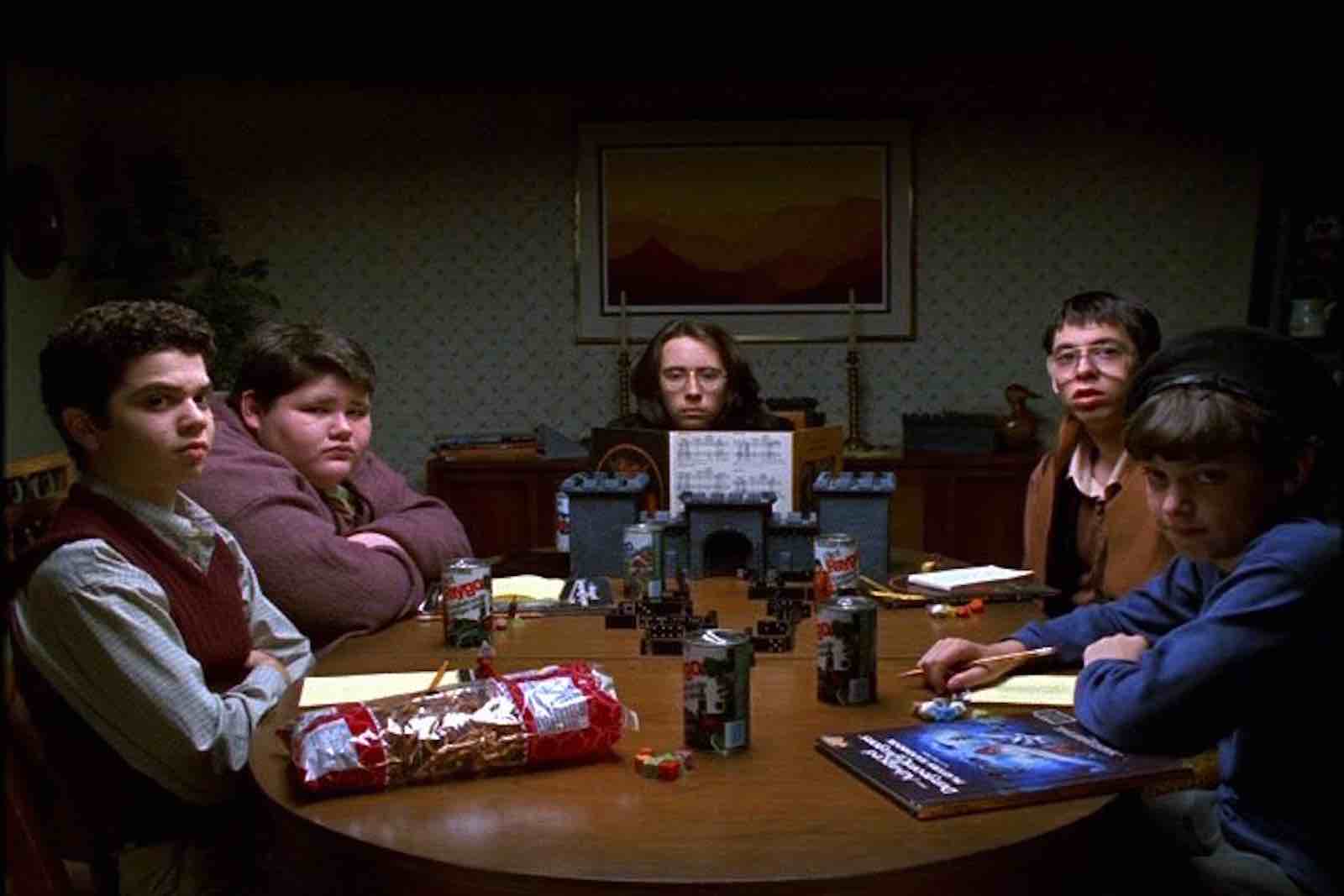
This was a show that celebrated growing up in all of its raw, awkward, and goofy glory. There’s nothing glamorous about it. Freaks and Geeks took that idea and ran with it, presenting the cringe-inducing horrors of high school alongside the devastatingly funny reality of being a teenager.
Though the show is perhaps best known now for having launched the careers of a set of phenomenal talent including James Franco, Seth Rogen, Jason Segel, Linda Cardellini, and Martin Starr, the show also deserves to be celebrated for having redefined television (and comedy) as we know it.
In 2010, Time Magazine suggested that there were several sitcoms that have lent heavily from the distinctive comedy style of Freaks and Geeks that was unchartered territory on TV when the show premiered.
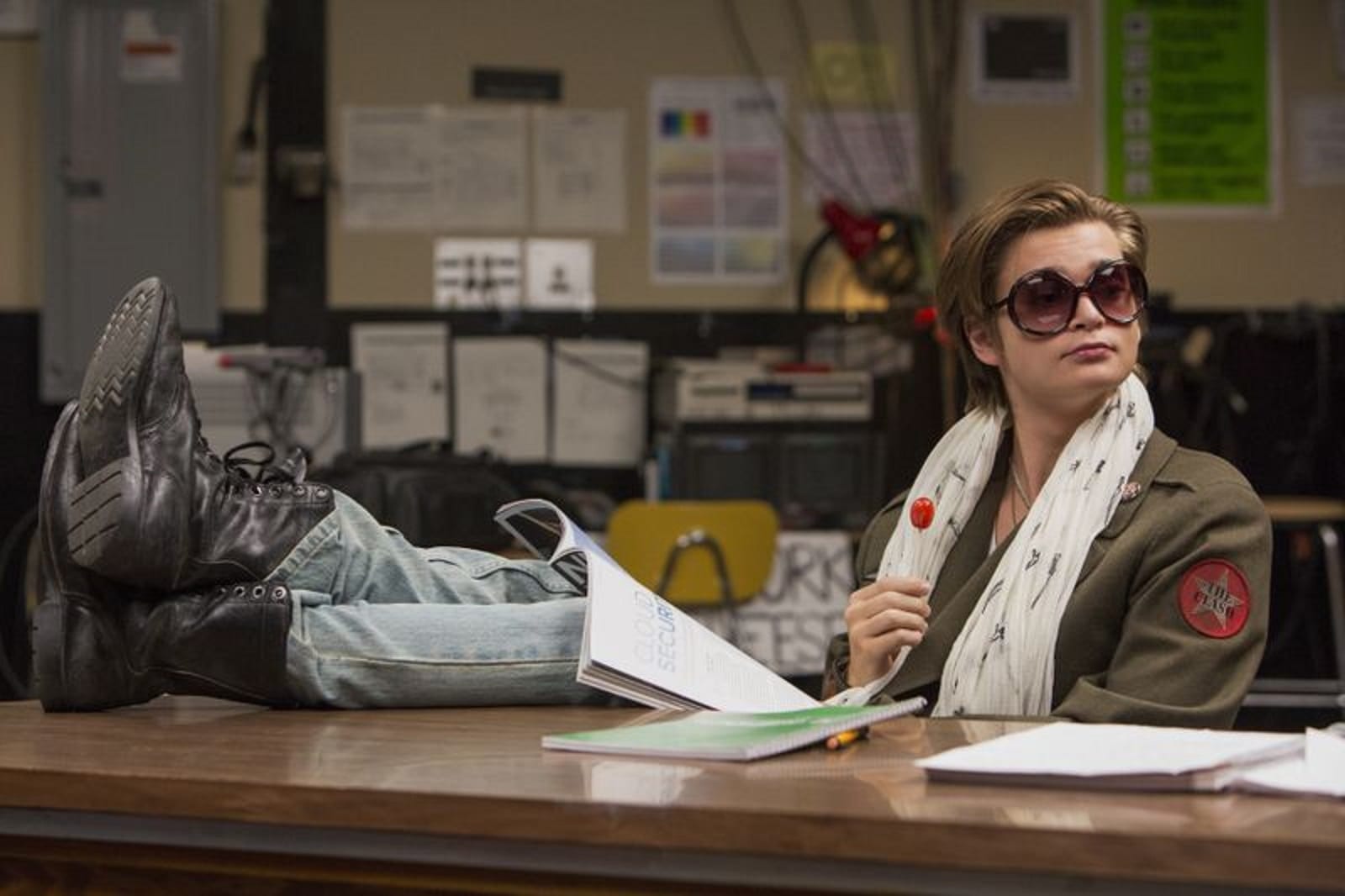
The publication argued that shows like The Office, Glee, Louie, Bored to Death, and Modern Family all share the influence of Freaks and Geeks’s “conversational humor, their emphasis on the lives of nerds in unglamorous settings, and their blending of raucous comedy with sweetness and bittersweetness.”
That influence is still readily evident today in shows pivoted around awkward adolescents like Stranger Things and Everything Sucks! and in emotional slice of life dramedy show like Master of None and Love.
And yet in 1999, the show was a wild card, so unloved and disrespected by NBC that episodes weren’t even aired in the correct sequence. When it came to cancelling the show, the network didn’t even bother to air the remaining six episodes until a fan campaign persuaded them to.
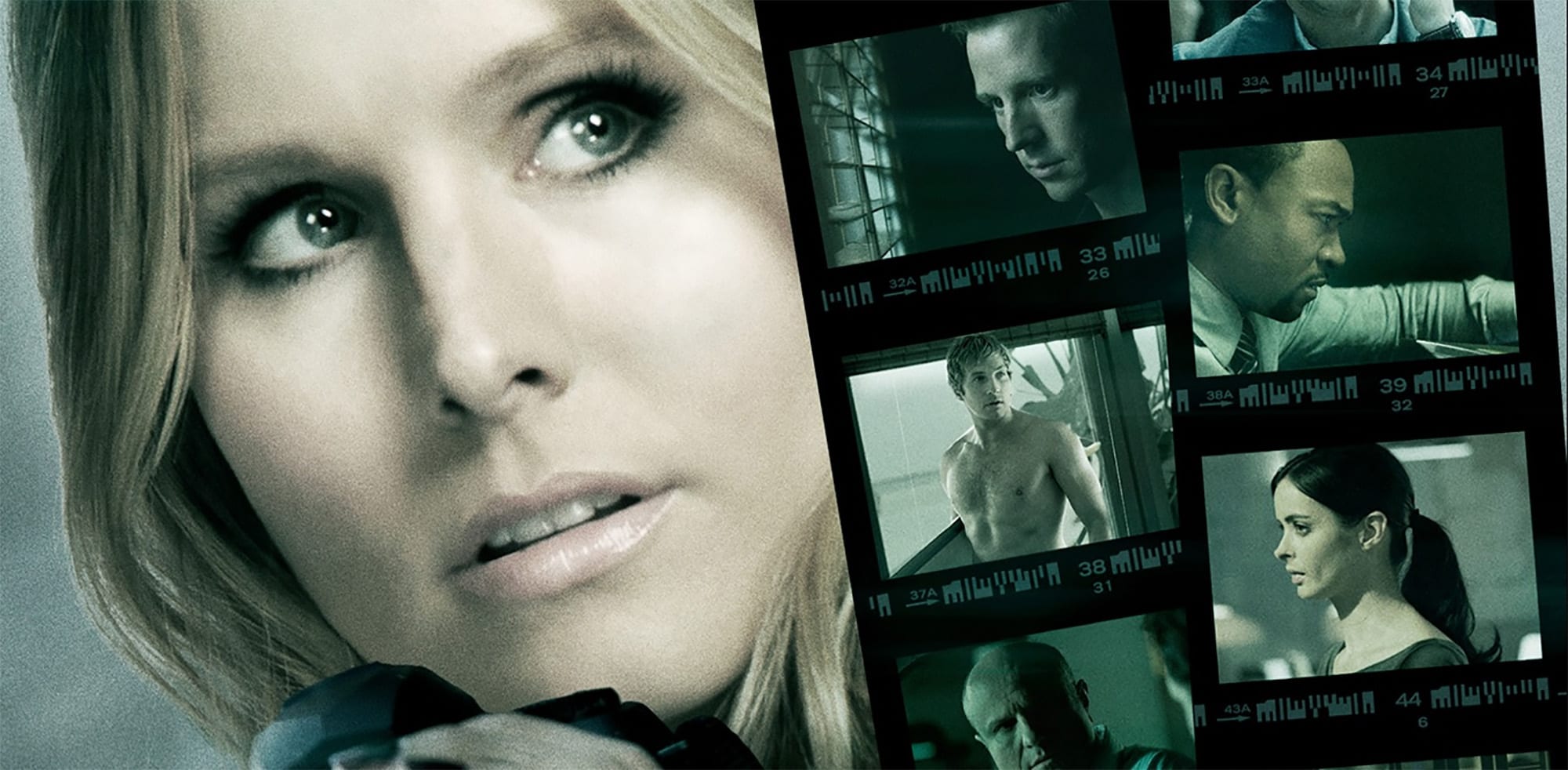
The decision was unconscionable to fans at the time who were already well aware of the show’s unique genius and who raged at NBC for their gross mishandling of the series. Is it any surprise the ratings were so low when episodes didn’t even make any fucking sense because they were aired out of order?
Yet even with a mismatched plot and characters changing looks on a dime, Freaks and Geeks became the little show that could. Over the years, high schoolers continue to flock to the show, even if the references became outdated.
The show made a gargantuan impact on pop culture. In 2014, Veronica Mars creator Rob Thomas even cited Freaks and Geeks as being a core influence on the development of the cult teen show (which premiered five years later).

Thomas recalled how the cancellation of Freaks and Geeks felt like “the death of small screen television” while in conversation with E! Online and how writing the Veronica Mars pilot was an electric response to it.
“I felt if that show can’t make it then no show will doing . . . stories where the characters grow by inches without sort of a . . . big logline that will pull you into the show. If that can’t make it, I better do something else. So with Veronica Mars, I thought, ‘I’ll go with teenage private eye and try to sneak a heartbreaking teen show underneath’ like a Trojan Horse.”
Thomas was probably right about the death of small screen television in some ways – particularly as Veronica Mars was also mercilessly cancelled after just three seasons. However, what rose from the ashes of that era of television was a broader opportunity for new stories with a fresh perspective and for old stories to be revisited.

In 2014, Veronica Mars enjoyed a crowd-funded reboot movie, while countless other TV shows from the era including Gilmore Girls, Dead Like Me, Firefly, and even Deadwood have also been given a second chance at life either as a movie or a limited series.
Despite fans repeatedly pushing for a similar revival of Freaks and Geeks (and the occasional vague tease from a cast or crew member that one could be a possibility in the distant future, maybe), Apatow has unequivocally maintained that the prospect remains highly unlikely.
Explaining that himself and Feig would need an idea “as strong” as that of the original show, Apatow further added: “I don’t think there is a number that would make us do it as a cash grab.” Furthermore, it seems like both are perfectly happy with leaving the show as it is.
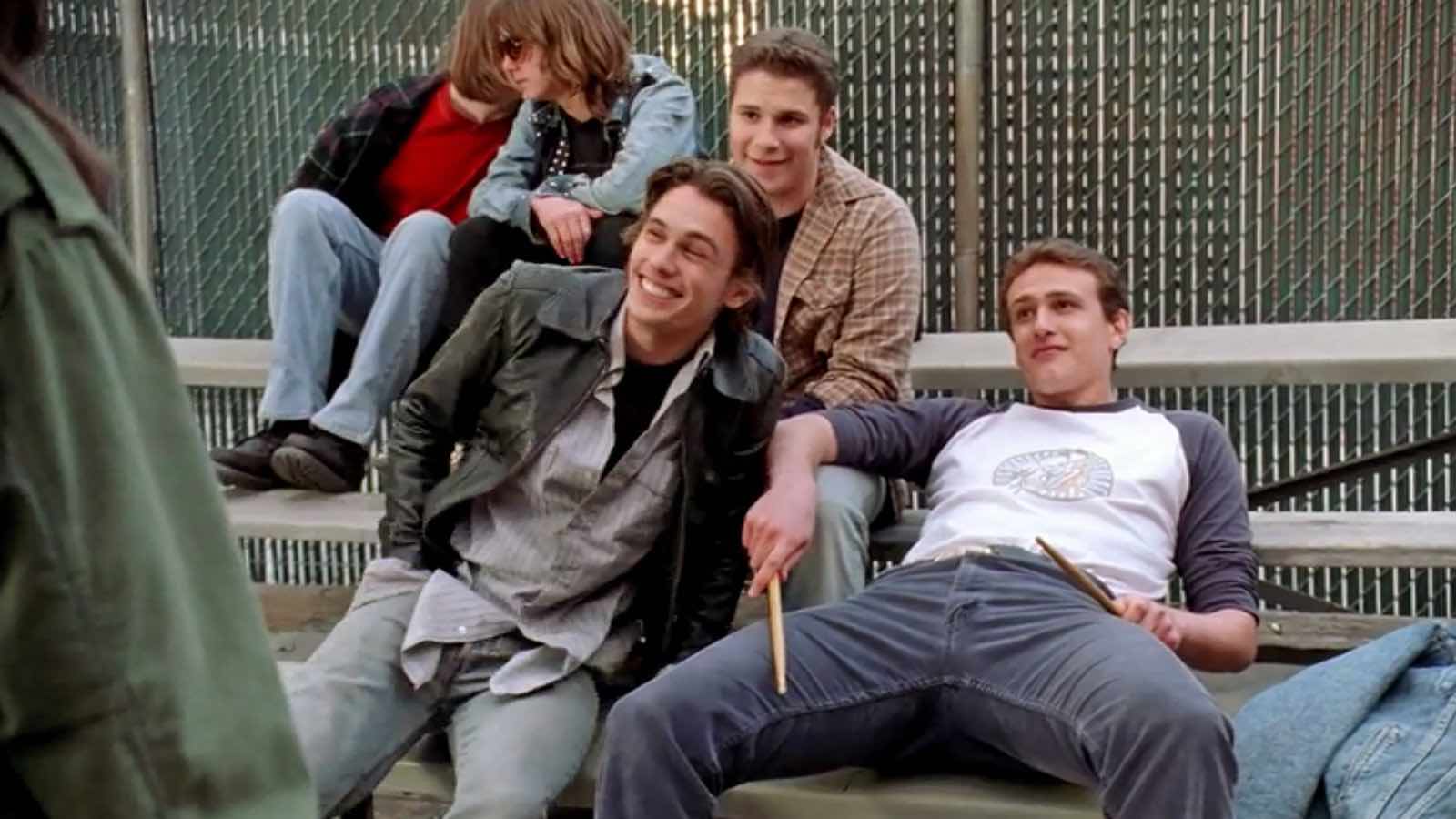
“We always felt like we ended on an oddly perfect, magical note. And most of the ideas that Paul wanted to express, he got to express. You know, we were compressed in Freaks and Geeks because we thought we were gonna get cancelled at any moment. So we used most of our great ideas. “The next phase of the show would’ve been all of the geeks suddenly being six feet tall and how that would change their relationships. And so it probably would’ve ruined the show anyways.”
The only way we could ever imagine a revival of the show working is by running with the “20 year high school reunion” idea Franco suggested to Vanity Fair in 2016. But even then we can’t say we’re overly excited by such a prospect.
Because Apatow makes a great point about the eighteen episodes of the show that do exist – they’re a near flawless snapshot of adolescence, one that doesn’t require any deeper exploration beyond the heartbreaking and hysterical narratives presented in the first and only season.
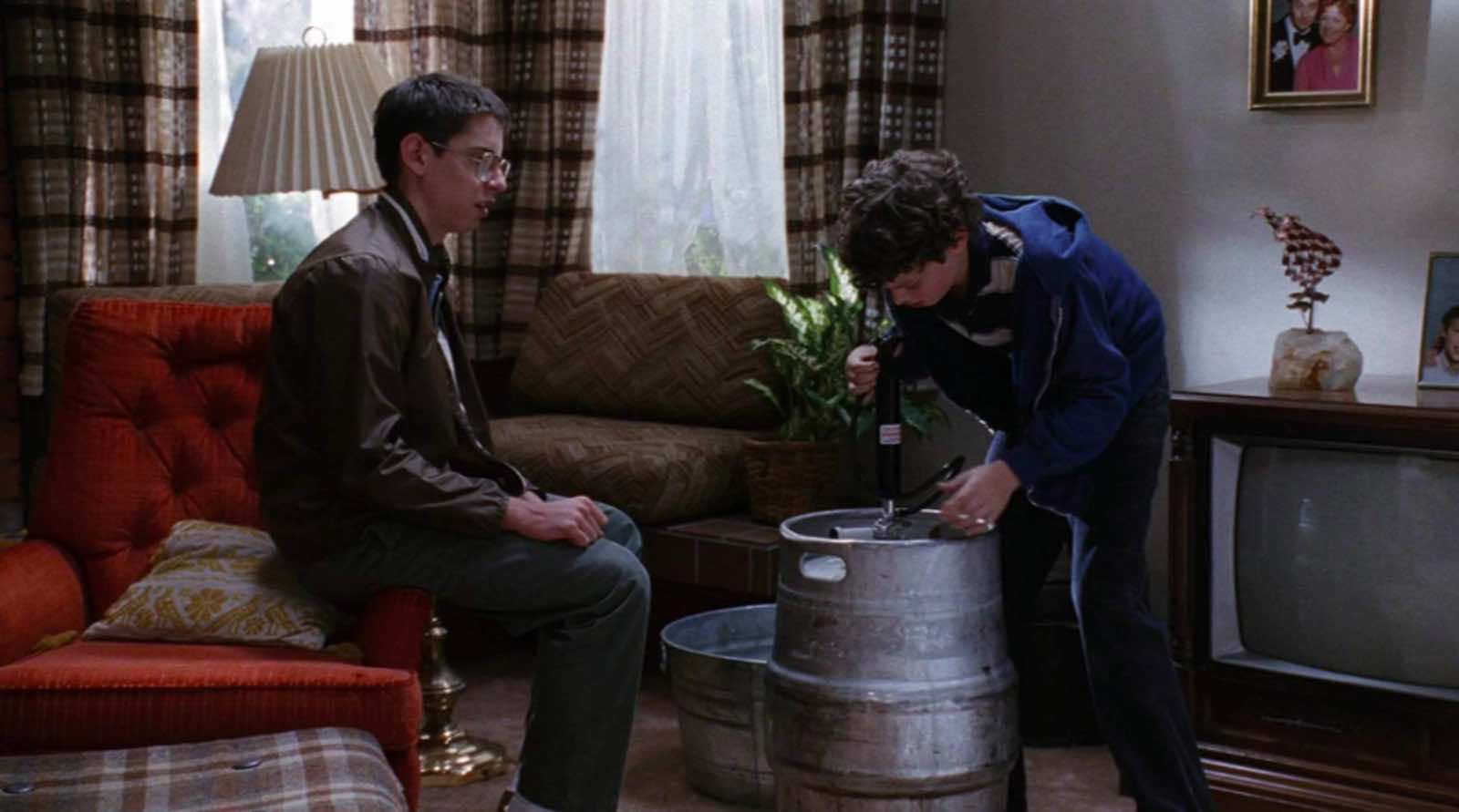
To delve beyond that could shit all over an otherwise perfect series. It provides a rare example of a show that may have actually greatly benefited from being cancelled ahead of its time, even if it didn’t outright deserve to be. That’s probably also why the show is infinitely more popular now than it was in 1999. Hell, the show is probably more popular than many high school shows or comedies currently airing.
Search for Freaks and Geeks on Twitter on any given day and you’ll be met by a thriving fandom still reflecting on the show’s best moments, the incredible cast, their desire for another season, and how it remains “the greatest television show ever made.” It’s certainly one of them – but we’re also of the opinion one more season or a one-off revival movie would take away from that fact, rather than add to it.






